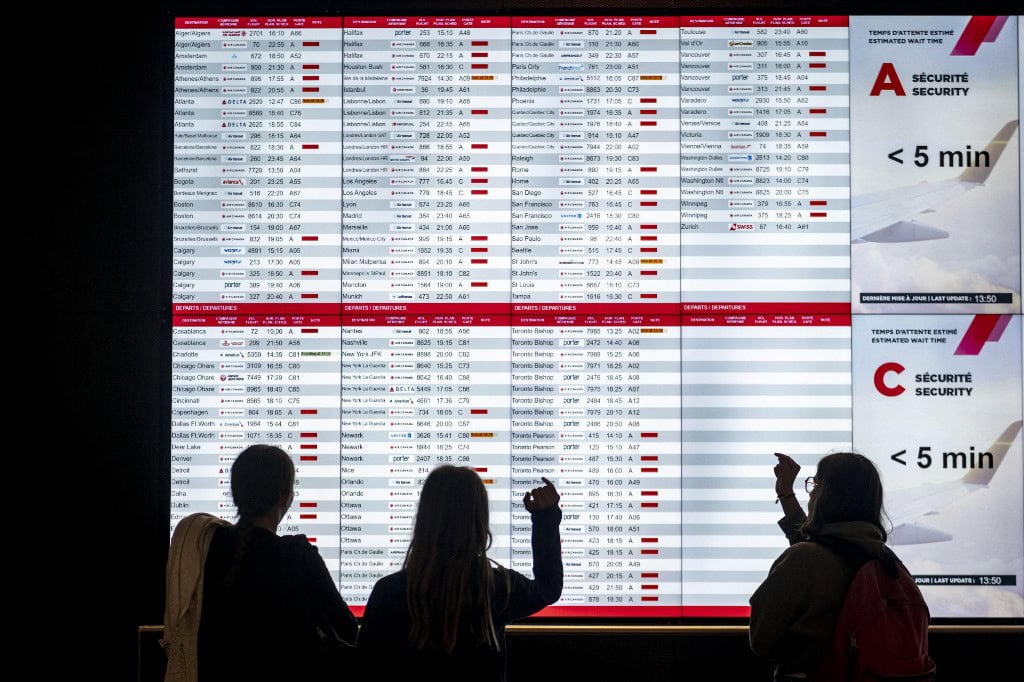Air Canada flight attendants ended their strike Tuesday after reaching a tentative agreement with the airline, paving the way for flights to resume gradually. The move comes after a chaotic few days that left thousands stranded, including many bound for Costa Rica, where routes to San José and Liberia faced repeated cancellations.
The labor action began over the weekend when around 10,000 members of the Canadian Union of Public Employees (CUPE) walked off the job just after midnight on Saturday. Demands centered on higher pay and compensation for unpaid ground duties like boarding. The stoppage grounded hundreds of flights daily, hitting about half a million passengers overall.
Here in Costa Rica, we felt the effects right away. Direct services from Toronto and Montreal to San José and Liberia saw cancellations starting Friday. Travelers shared frustrations online, with some rerouting through other carriers at extra cost or delaying trips during a busy season for tourism and business.
As we wrote about, The Canadian government stepped in quickly. Late Saturday, the Canadian Industrial Relations Board ordered binding arbitration to resolve the dispute, aiming to get planes back in the air by Sunday evening. Air Canada initially planned a phased restart, including Costa Rica routes, but the union pushed back hard. CUPE leaders called the board’s ruling unfair, citing a potential conflict of interest with the chair’s past ties to the airline, and instructed members to stay off the job until talks resumed.
That defiance that we also wrote about, forced Air Canada to halt its recovery efforts on Sunday afternoon. Flights remained suspended through Monday, adding to the uncertainty for passengers. Here in Costa Rica, aviation officials advised against heading to airports without confirmation, while hotels in areas like Guanacaste reported dips in bookings from canceled arrivals.
Negotiations picked up again Monday night, leading to the breakthrough announced early Tuesday. “The strike is over. We have a tentative agreement that we will present to you,” CUPE posted on Facebook, adding that members must now help restart operations. The deal addresses key issues like boarding pay and aims to boost average salaries for senior attendants to around CAD 87,000 by 2027, though details await member approval.
Air Canada confirmed the mediated agreement and said flights would start rolling out Tuesday evening. President Michael Rousseau noted the complexity of ramping up a major carrier: “Full restoration may take a week or more, so we ask for patience from our customers.” The airline operates about 700 flights a day across its network, including Rouge, so delays could linger into next week.
For Costa Rica-bound travelers, this means routes should normalize soon, but not immediately. A Guanacaste hotel owner earlier mentioned lost reservations but hoped the quick resolution would limit further damage.
Passengers affected by the disruptions have options. Air Canada offers free changes or refunds, handling many automatically via its app or site. Costa Rican authorities remind travelers that international rules may entitle them to compensation for delays over three hours. Experts suggest checking travel insurance policies, as they often cover extra costs like hotels or alternative bookings in such cases.
As operations build back, those flying to or from Costa Rica should track updates closely. With the tentative deal in place, the focus shifts to ratification and recovery, offering relief after days of grounded plans.






